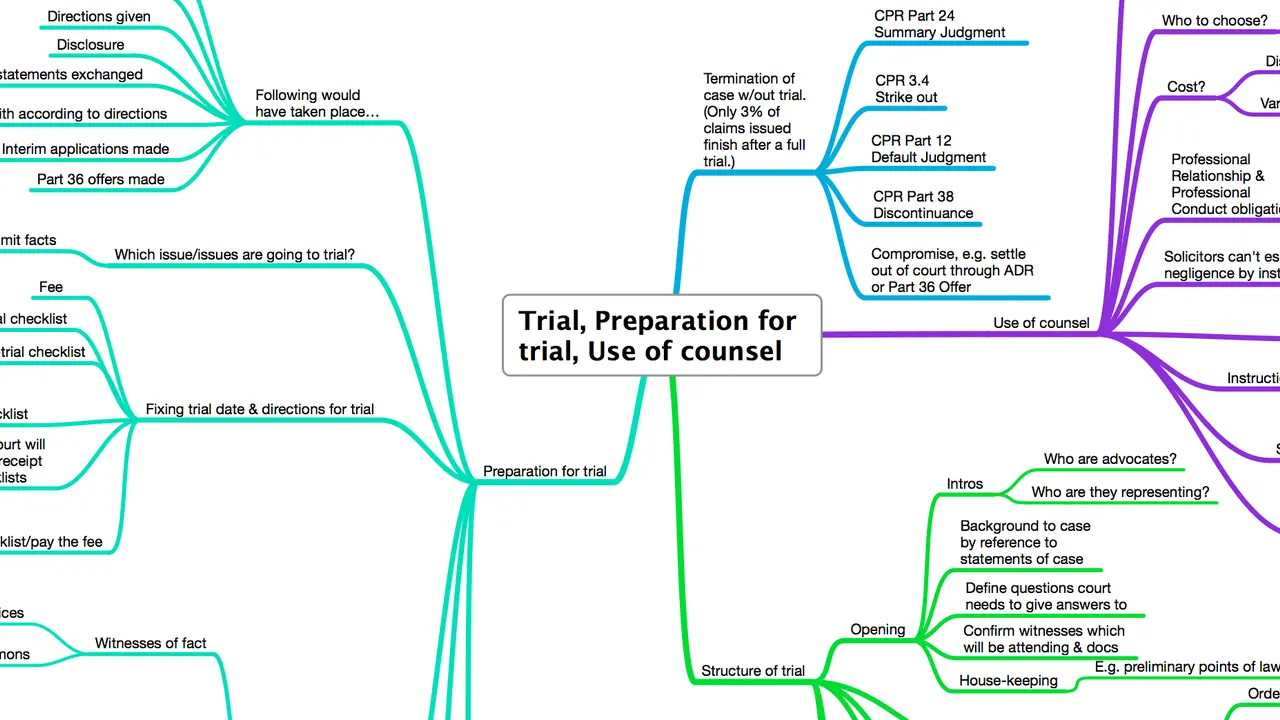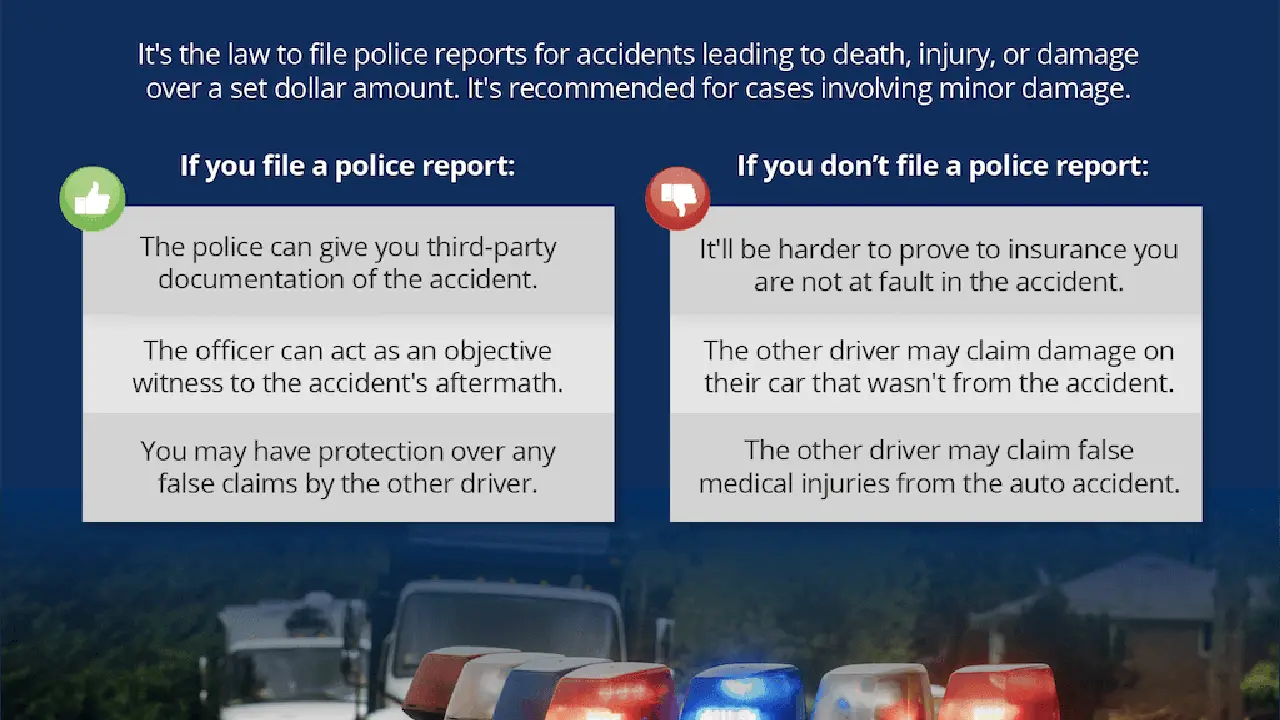Preparing for Trial: What to Expect in Court

Understanding the Pre-Trial Phase Key Steps and Considerations
So, you're gearing up for trial? That's a big deal! The pre-trial phase is like the training montage before the big game. It's where all the behind-the-scenes work happens. Think of it as getting your ducks in a row before they all waddle into the courtroom. First up, discovery. This is where both sides get to dig into each other's evidence. Think of it as a treasure hunt, but instead of gold, you're looking for documents, emails, and anything else that might help your case. You'll be answering interrogatories (written questions), producing documents, and maybe even sitting for a deposition (where you answer questions under oath). It can feel like a grilling, but it's all part of the process. Next, there are pre-trial motions. These are like mini-arguments before the actual trial. You might file a motion to exclude certain evidence or a motion for summary judgment (asking the judge to rule in your favor without a trial). Pre-trial conferences with the judge are also common. These are basically check-ins to make sure everyone is on the same page and to discuss things like scheduling and potential settlement. Don't underestimate the importance of these steps. A well-prepared pre-trial phase can significantly increase your chances of success at trial.
Gathering Evidence and Building Your Case Essential Documents and Strategies
Evidence is the backbone of your case. It's what you'll use to prove your claims or defend yourself. Think of it like building a house – you need solid materials to make it strong. Essential documents include contracts, emails, photographs, medical records, police reports, and anything else relevant to your case. The more, the merrier! Strategies for gathering evidence include issuing subpoenas (legal orders to produce documents or appear for testimony), conducting interviews with witnesses, and hiring experts to analyze evidence. Don't be afraid to get creative! Think outside the box when it comes to finding evidence. For example, social media posts can sometimes be valuable sources of information. Organizing your evidence is also crucial. Create a system for keeping track of all your documents and information. This will make it much easier to find what you need when you need it. And remember, always be honest and ethical when gathering evidence. Tampering with evidence or presenting false information can have serious consequences.
Working with Your Attorney Communication Collaboration and Legal Representation
Your attorney is your guide through the legal maze. They're the expert who will help you navigate the complex rules and procedures of the court system. Communication is key! Be open and honest with your attorney about everything related to your case. The more they know, the better they can represent you. Collaboration is also essential. Work with your attorney to develop a strategy for your case. Provide them with all the information and documents they need. And don't be afraid to ask questions! Your attorney should be able to explain things to you in a way that you understand. Legal representation is more than just having someone argue your case in court. It's about having someone who is on your side, who understands your rights, and who will fight for you. Choose an attorney who you trust and who you feel comfortable working with. And remember, your attorney is there to help you, so don't be afraid to lean on them for support.
Understanding Courtroom Procedure What to Expect During the Trial
Walking into a courtroom can be intimidating. It's like stepping onto a stage, but instead of performing, you're presenting your case. Understanding courtroom procedure can help you feel more prepared and confident. The trial typically starts with opening statements. This is where each side gets to tell the judge or jury what they intend to prove. Then comes the presentation of evidence. This is where witnesses testify, documents are introduced, and arguments are made. You'll likely be asked to testify, so it's important to be prepared. Listen carefully to the questions and answer them truthfully and concisely. Cross-examination is when the opposing attorney gets to question you. This can be challenging, but try to remain calm and composed. After all the evidence has been presented, each side gets to make closing arguments. This is where they summarize their case and try to persuade the judge or jury to rule in their favor. The judge or jury then deliberates and reaches a verdict. The verdict is the final decision in the case. Remember, courtroom procedure can vary depending on the type of case and the jurisdiction. Your attorney will guide you through the process and help you understand what to expect.
Witness Testimony Preparing for Direct and Cross-Examination
Witness testimony is a crucial part of any trial. It's how you present your side of the story and challenge the other side's version of events. Preparing for direct examination (when your attorney questions you) is essential. Work with your attorney to review the questions and practice your answers. Be honest and clear in your testimony. Don't exaggerate or guess. If you don't know the answer to a question, say so. Preparing for cross-examination (when the opposing attorney questions you) is equally important. The opposing attorney will likely try to trip you up or discredit your testimony. Stay calm and composed. Listen carefully to the questions and answer them truthfully. Don't argue with the attorney or get defensive. If you're unsure about a question, ask for clarification. Remember, your attorney will be there to protect you and object to any inappropriate questions. Practicing your testimony with your attorney can help you feel more confident and prepared for both direct and cross-examination.
Trial Exhibits Demonstrative Evidence and Visual Aids
Trial exhibits are visual aids that can help you present your case more effectively. They can include documents, photographs, videos, charts, graphs, and other items that illustrate your points. Demonstrative evidence is a type of exhibit that is created specifically for trial. It can include models, simulations, and reconstructions of events. Visual aids can be particularly helpful for explaining complex information or demonstrating how something happened. For example, you might use a chart to show the timeline of events or a video to show the damage to a vehicle. When choosing trial exhibits, consider what will be most effective in communicating your message to the judge or jury. Make sure the exhibits are clear, concise, and easy to understand. And be prepared to explain the exhibits to the court. Your attorney can help you choose the right exhibits and prepare you to present them effectively.
Objections and Evidentiary Rules Navigating Legal Challenges in Court
Objections are a crucial part of courtroom procedure. They're how attorneys challenge the admissibility of evidence or the propriety of questions. Understanding evidentiary rules is essential for navigating legal challenges in court. Common objections include hearsay (out-of-court statements offered to prove the truth of the matter asserted), relevance (evidence that is not related to the case), and speculation (witnesses guessing about facts). When an attorney makes an objection, the judge will rule on whether the evidence or question is admissible. If the judge sustains the objection, the evidence or question is not allowed. If the judge overrules the objection, the evidence or question is allowed. It's important to listen carefully to the objections and the judge's rulings. Your attorney will explain the objections and their significance to you. And remember, objecting to evidence is a normal part of the trial process. It's not a personal attack on the other side.
Settlement Negotiations Exploring Alternatives to Trial
Trial can be a long, expensive, and stressful process. That's why settlement negotiations are often explored as an alternative. Settlement negotiations are discussions between the parties to try to reach an agreement to resolve the case without going to trial. Settlement can be a win-win situation for both sides. It can save time, money, and emotional energy. It can also provide more certainty than going to trial, where the outcome is always uncertain. Settlement negotiations can take place at any time during the litigation process, even during trial. Your attorney will represent you in settlement negotiations and advise you on whether to accept a settlement offer. It's important to consider all the factors involved, including the strength of your case, the potential damages, and the costs of going to trial. Ultimately, the decision of whether to settle is yours. Your attorney will provide you with the information and advice you need to make an informed decision.
Products to Help You Prepare for Trial and Win Your Case
Preparing for trial can be overwhelming, but there are products and services that can help you stay organized, manage stress, and present your case effectively. Here are a few recommendations:
Legal Case Management Software Streamlining Your Case Organization and Workflow
Product: Clio Manage
Use Case: Clio Manage is a cloud-based legal case management software designed to help attorneys and legal professionals organize their cases, track time, and communicate with clients. It allows you to store documents, manage contacts, schedule appointments, and track billable hours all in one place.
Comparison: Compared to other case management software like MyCase or PracticePanther, Clio Manage offers a more comprehensive suite of features and integrations. MyCase is generally more affordable, while PracticePanther focuses more on automation. Clio Manage strikes a good balance between features, affordability, and ease of use.
Pricing: Clio Manage offers different pricing plans based on the features you need. The basic plan starts at around $39 per user per month, while the premium plan costs around $59 per user per month. They also offer a free trial.
Stress Relief Products Managing Anxiety During the Trial Process
Product: Muse 2 Meditation Headband
Use Case: Trials can be incredibly stressful. The Muse 2 meditation headband provides real-time feedback on your brain activity, heart rate, and body movements to help you learn to meditate effectively. It guides you through meditation sessions and provides personalized insights to help you manage stress and anxiety.
Comparison: Compared to other meditation apps like Headspace or Calm, Muse 2 provides more objective feedback on your progress. Headspace and Calm are great for guided meditations, but Muse 2 helps you understand how your body and mind are responding to meditation in real-time.
Pricing: The Muse 2 meditation headband costs around $249.99. The app offers a free trial, and a premium subscription provides access to more guided meditations and personalized insights.
Presentation Equipment Enhancing Your Courtroom Presence
Product: Portable Projector Epson EX5260
Use Case: If you need to present visual evidence in court, a portable projector can be a valuable tool. The Epson EX5260 is a lightweight and compact projector that delivers bright and clear images. It's easy to set up and use, making it ideal for courtroom presentations.
Comparison: Compared to other portable projectors like the Anker Nebula Capsule or the BenQ GV1, the Epson EX5260 offers a brighter image and a higher resolution. The Anker Nebula Capsule is more compact, while the BenQ GV1 is more portable. The Epson EX5260 is a good choice if you need a projector with excellent image quality.
Pricing: The Epson EX5260 portable projector costs around $649.99.
Ergonomic Office Equipment Ensuring Comfort During Long Hours of Preparation
Product: Herman Miller Aeron Chair
Use Case: Preparing for trial often involves long hours of sitting at a desk. An ergonomic chair like the Herman Miller Aeron can help you maintain good posture and reduce back pain. It features adjustable lumbar support, breathable mesh fabric, and a comfortable seat.
Comparison: Compared to other ergonomic chairs like the Steelcase Leap or the Secretlab Titan, the Herman Miller Aeron is known for its superior comfort and adjustability. The Steelcase Leap is a more affordable option, while the Secretlab Titan is designed for gamers and offers a more aggressive style. The Herman Miller Aeron is a good choice if you're looking for the best possible ergonomic support.
Pricing: The Herman Miller Aeron chair costs around $1,500 - $2,000 depending on the configuration.
Organization Tools Keeping Your Documents and Notes in Order
Product: Rocketbook Smart Reusable Notebook
Use Case: The Rocketbook is a reusable notebook that allows you to scan your handwritten notes and save them to the cloud. It's a great way to keep your notes organized and accessible from anywhere. You can erase the pages with a damp cloth and reuse the notebook endlessly.
Comparison: Compared to traditional notebooks or digital note-taking apps like Evernote or OneNote, the Rocketbook offers a unique combination of handwriting and digital technology. Evernote and OneNote are great for storing and organizing notes, but the Rocketbook allows you to capture your thoughts and ideas in a more natural way.
Pricing: The Rocketbook Smart Reusable Notebook costs around $34.
:max_bytes(150000):strip_icc()/277019-baked-pork-chops-with-cream-of-mushroom-soup-DDMFS-beauty-4x3-BG-7505-5762b731cf30447d9cbbbbbf387beafa.jpg)






